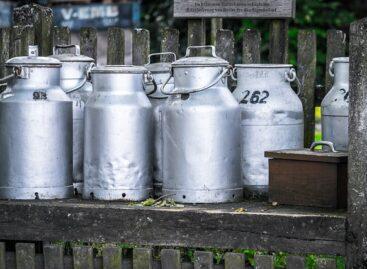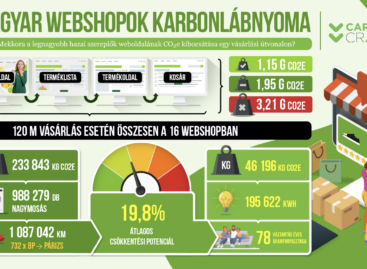Carbon labels prove cool for schools
Sodexo has introduced carbon-labelled school meals at 12 secondary academies following a successful trial earlier this year. The catering firm used CO2e labelling app Klimato to calculate the carbon footprint of each of the main courses on its secondary school menu. A traffic light system with ‘low-medium-high’ emissions labels was then created so students at academies in Croydon and Salford could see “at a glance” the environmental impact of different dishes.

The number of students choosing low carbon meals (0.1 to 0.5kgCO2e) increased from 78% to 90% in Salford and 71% to 88% in Croydon. Average emissions per meal also fell to 0.4kgCO2e (from 0.6kgCO2e in Salford and 0.5kgCO2 in Croydon). Sodexo provides more than 100,000 school meals a day around the UK, so the labelling could save thousands of tonnes of carbon if it were introduced nationwide.
Chickpea curries and white bean chilli dishes are proving particularly popular, Sodexo said. The meat content of meals is also being reduced, with plant-based proteins used instead.
The app, together with promotional artwork for the dining rooms, pull up banners, bunting, flyers and branded t-shirts to launch the initiative, helped provide young diners with the information they need to make climate-conscious choices and try lower impact options, said Steve Hawkins, MD for schools at Sodexo UK & Ireland.
Many other companies in the foodservice and wider food retail sector are currently trialling carbon and eco-labels on their menus and products. However, there is currently little harmonisation across the schemes.
A survey of more than 306,000 parents by ParentPay, Cypad and Laca, published in June, showed that 28% of parents wanted more information on the sustainability of school meals.
Related news
Hungarian startup measures carbon footprint of largest domestic webshops
🎧 Hallgasd a cikket: Lejátszás Szünet Folytatás Leállítás Nyelv: Auto…
Read more >Related news
Festival buzz at the 60th anniversary EuroShop trade fair
🎧 Hallgasd a cikket: Lejátszás Szünet Folytatás Leállítás Nyelv: Auto…
Read more >Historic price reduction at ALDI
🎧 Hallgasd a cikket: Lejátszás Szünet Folytatás Leállítás Nyelv: Auto…
Read more >







